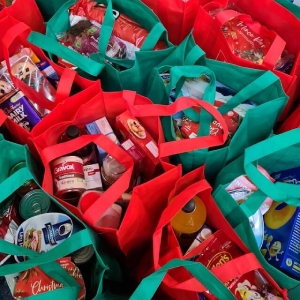Wrong!
"Arginine" is not the correct answer, please press the BACK button and try again!
There is only one correct answer for each question, please try again!
NEXT
Protein Proficiency: The significance of protein in muscle construction and restoration establishes it as a pivotal element in meal strategies targeting both weight reduction and muscle enhancement. Choose protein sources with minimal fat content, including poultry, fish, tofu, legumes, and dairy with reduced fat. Distributing protein intake evenly across meals supports sustained muscle protein synthesis.
Equilibrium in Carbs: Carbohydrates furnish the essential energy for physical activities and daily tasks. Choose intricate carbohydrate sources such as whole grains, quinoa, sweet potatoes, and legumes. Timing carbohydrate intake around workouts ensures an energy reservoir for exercise while helping manage overall caloric intake for weight loss.
Healthy Fats: Incorporating healthy fats is crucial for overall health and can contribute to satiety. Include sources like avocados, nuts, seeds, and olive oil. Moderation is key, as fats are calorie-dense, and balancing intake supports weight management.
Pre-Workout Fuel: Prioritize a balanced meal containing carbohydrates and a moderate amount of protein before workouts. This provides the necessary energy and amino acids for optimal exercise performance.
Post-Workout Recovery: Following workouts, emphasize a protein-rich meal to support muscle recovery and growth. Combining protein with carbohydrates aids glycogen replenishment and enhances recovery.
Blend in an array of vibrant vegetables and fruits to guarantee a wide spectrum of vitamins, minerals, and antioxidants. These fortify general well-being and enhance a comprehensive, nutrient-packed dietary scheme.
Hydration is often overlooked but plays a vital role in both weight loss and muscle function. Ensure adequate water intake throughout the day, and consider hydrating sources like herbal teas and infused water.
Sample Day of Healthy Meal Plans
Breakfast: Scrambled eggs with spinach and tomatoes
Whole grain toast
Fresh fruit (e.g. berries or an apple)
Lunch: Grilled chicken or tofu salad with mixed greens, quinoa, and a variety of colorful vegetables
Olive oil and balsamic vinegar dressing
Snack: Greek yogurt with a handful of almonds or walnuts
Dinner: Baked salmon or lentil stew
Steamed broccoli and sweet potatoes
Considerations and Individualization:
Adjust portion sizes based on individual energy needs and goals.
Monitor progress and make adjustments as needed.
Seek advice from an accredited nutrition specialist or healthcare expert for individualized counsel. Achieving equilibrium in the complexities of weight reduction and muscle enhancement via nourishing meal strategies necessitates a strategic amalgamation of macronutrients, attentive timing, and nutrient-laden selections.
We encourage individuals to approach meal planning as a dynamic and personalized journey, recognizing the unique needs of their bodies. Cultivating a harmonious relationship between nutrition and fitness is key to achieving sustainable results in both weight management and muscle development.




